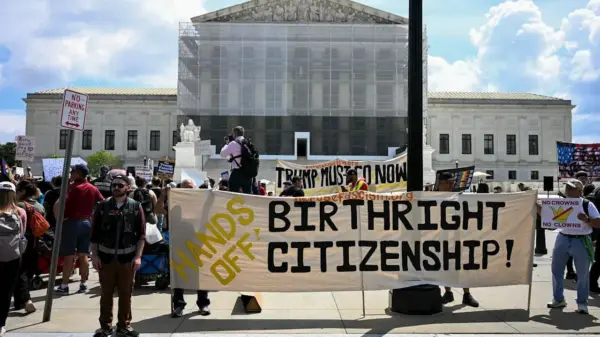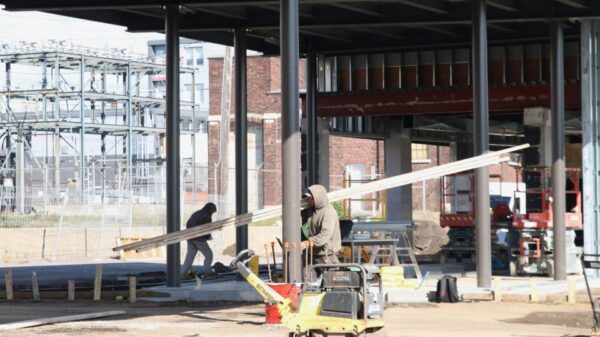The celebration of Hispanic Heritage Month, from September 15 to October 15, highlights the rich cultural contributions of Hispanic Americans to the United States. This month serves as a platform to honor the diverse histories, cultures, and achievements of individuals from Spanish-speaking countries. As the nation reflects on these contributions, it becomes essential to understand the profound impact Hispanic heritage has had on American society.
Historically, Hispanic Americans have played a vital role in shaping the United States. The roots of this heritage can be traced back to the early explorers and settlers, including figures like Juan de Oñate, who established one of the first European settlements in present-day New Mexico in 1598. This early presence marked the beginning of a long and intricate history that continues to influence American culture today.
Among the many contributions of Hispanic Americans, their influence in various fields such as art, music, politics, and cuisine stands out. Renowned artists like Frida Kahlo and musicians such as Celia Cruz have not only enriched the American cultural landscape but also brought global attention to Hispanic traditions and artistry. Politically, figures like Julian Castro, the former Secretary of Housing and Urban Development, have paved the way for greater representation and advocacy for Hispanic communities.
As the population of Hispanic Americans continues to grow, their economic impact is increasingly significant. According to a report by the U.S. Census Bureau, the Hispanic population reached over 60 million in 2020, making up approximately 18% of the total U.S. population. This demographic shift has led to substantial contributions to the economy, with Hispanic-owned businesses generating over $700 billion in revenue annually.
Moreover, the celebration of Hispanic Heritage Month offers an opportunity to educate the broader public about the struggles and triumphs faced by Hispanic communities throughout history. It is a time to recognize the challenges of immigration, discrimination, and cultural preservation. Events held across the country, including festivals, art exhibitions, and educational programs, aim to foster understanding and appreciation of Hispanic cultures and histories.
In addition to entertainment and education, Hispanic Heritage Month encourages dialogue about social issues affecting the Hispanic community today. Topics such as immigration reform, access to education, and healthcare disparities are vital to ongoing discussions about equity and inclusion in American society. The recognition of these issues during this month serves as a reminder of the continuous journey toward a more inclusive future.
As we observe this month, it is crucial to not only celebrate the achievements of Hispanic Americans but also to acknowledge their ongoing contributions to the social, cultural, and economic fabric of the nation. Understanding the importance of Hispanic heritage enriches our collective identity and fosters a deeper appreciation for the diverse narratives that shape the United States.
In conclusion, Hispanic Heritage Month is more than a celebration; it is an invitation to engage with the history and future of Hispanic Americans in a meaningful way. It reminds us that the stories of all communities are integral to the broader American experience, encouraging a legacy of recognition and respect for diversity that strengthens the nation as a whole.






































































